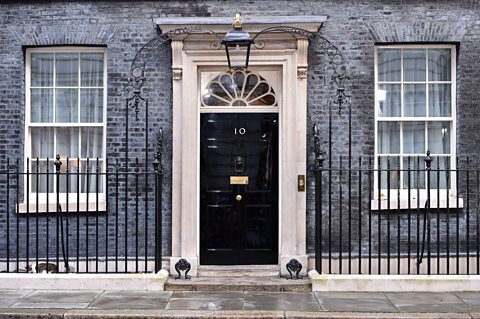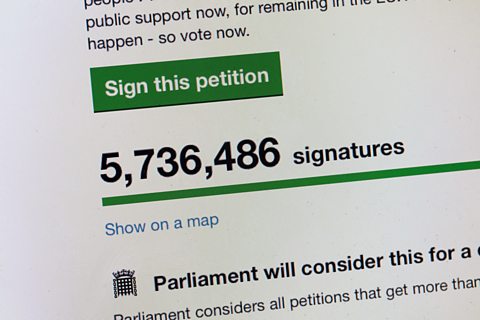Find out the basics about power and decision making in the UK
There are three parts to the Power and decision making in the UK section of National 5 Modern Studies:
- features of democratic society in the UK
- devolved and reserved powers in the UK
- role and power of the Prime Minister
Look through this article for a quick look at these areas, or to revise what you have already learned.
Click on the links to get more detailed information on each section.
Features of democratic political society in the UK
The UK is a constitutional monarchy
- the monarch holds symbolic power only
- the constitution creates laws and principles for how the country is run
The UK is a representative democracy
- voting allows people to choose political representatives
- all British citizens can stand as a political representative
- freedom of speech protects our ability to express our own opinions
- freedom of association and assembly allows people to come together and work towards common interests
- freedom of the press means the media can hold politicians to account
- independent judiciary protects the justice system from political influence
Find out more detail about features of democratic society in the UK
Devolved and reserved powers in the UK
Watch this video to find out which reserved matters the UK Parliament has power over, and which devolved matters are under the control of the Scottish Parliament.
Why are there two parliaments?
Scotland is a representative democracy, which means its citizens vote for individuals to represent them.
Everyone in Scotland is represented at two parliaments by MPs at the UK Parliament in Westminster and MSPs at the Scottish Parliament in Holyrood.
The UK Parliament has the power to make laws on reserved matters.
These include benefits and social security, immigration, defence, foreign policy, employment, trade and industry, broadcasting, energy, oil, coal, gas and electricity.
Data protection and the Constitution.
The Scottish Parliament has the power to make laws on devolved matters.
These include agriculture, forestry and fisheries education and training, environment, health and social services, housing, law and order, local government and many aspects of transport.
Since 2016, the Scottish Parliament has also had control over some tax and benefits.
In theory, the two parliaments have clearly separate responsibilities, but sometimes there is disagreement about the extent of their powers or the impacts of their decisions.
When this happens, it's up to the Supreme Court to judge who is right.
Decisions about how the UK as a whole is run are made at the UK Parliament in Westminster.
The UK also has a number of devolved assemblies and parliaments:
- Scottish Parliament
- National Assembly for Wales
- Northern Ireland Assembly
- London Assembly
For Scotland, decisions about reserved matters are made at the UK Parliament as they affect the whole UK and international relations
Reserved matters include:
- defence
- foreign affairs
- immigration
Decisions about devolved matters are made at the Scottish Parliament as they affect Scotland only and people who live here
Devolved matters include:
- education
- health
- law and order
More powers were devolved to Scotland in the Scotland Act (2012) and Scotland Act (2016), including some power over tax, welfare and borrowing.
Disagreements about reserved and devolved powers are decided on by the UK Supreme Court.
Find out more detail about devolved and reserved matters in the UK
Role and powers of the Prime Minister
The Prime Minister is the leader of the UK Government.
The position of PM covers a number of roles, each with their own responsibilities and limits.
| Role | Responsibility | Limits |
|---|---|---|
| Leader of the UK Government | Deciding direction and policies | Requires cabinet support |
| Appoints members of government | Chooses best people for job | Is held to account by Parliament and committees |
| Chairs cabinet | Leads decision making | Needs to balance differing priorities |
| Chooses law officers | Picks key legal advisers | Applies to England and Wales |
| Represents UK | Shows leadership at home and abroad | Limited time and limited influence |
| Armed forces | PM makes key decisions on deploying the armed forces | Parliamentary approval is not necessary but in many cases is deemed favourable |
| Party leader | Balances priorities of UK with those of party and individual MPs | Accountable to the people of the UK |
The Prime Minister is held to account by Parliament at Prime Minister’s Questions (PMQs), which takes place every Wednesday at midday.
A new Prime Minister is appointed when the previous Prime Minister resigns. Most usually, this is when an existing Prime Minister's party is defeated at a general election.
In terms of Scotland, the Prime Minister only has power over reserved matters.
Find out more detail about the role and powers of the Prime Minister
More on Democracy in the UK
Find out more by working through a topic
- count3 of 14

- count4 of 14

- count5 of 14
